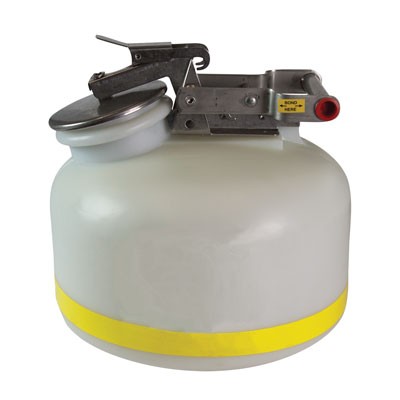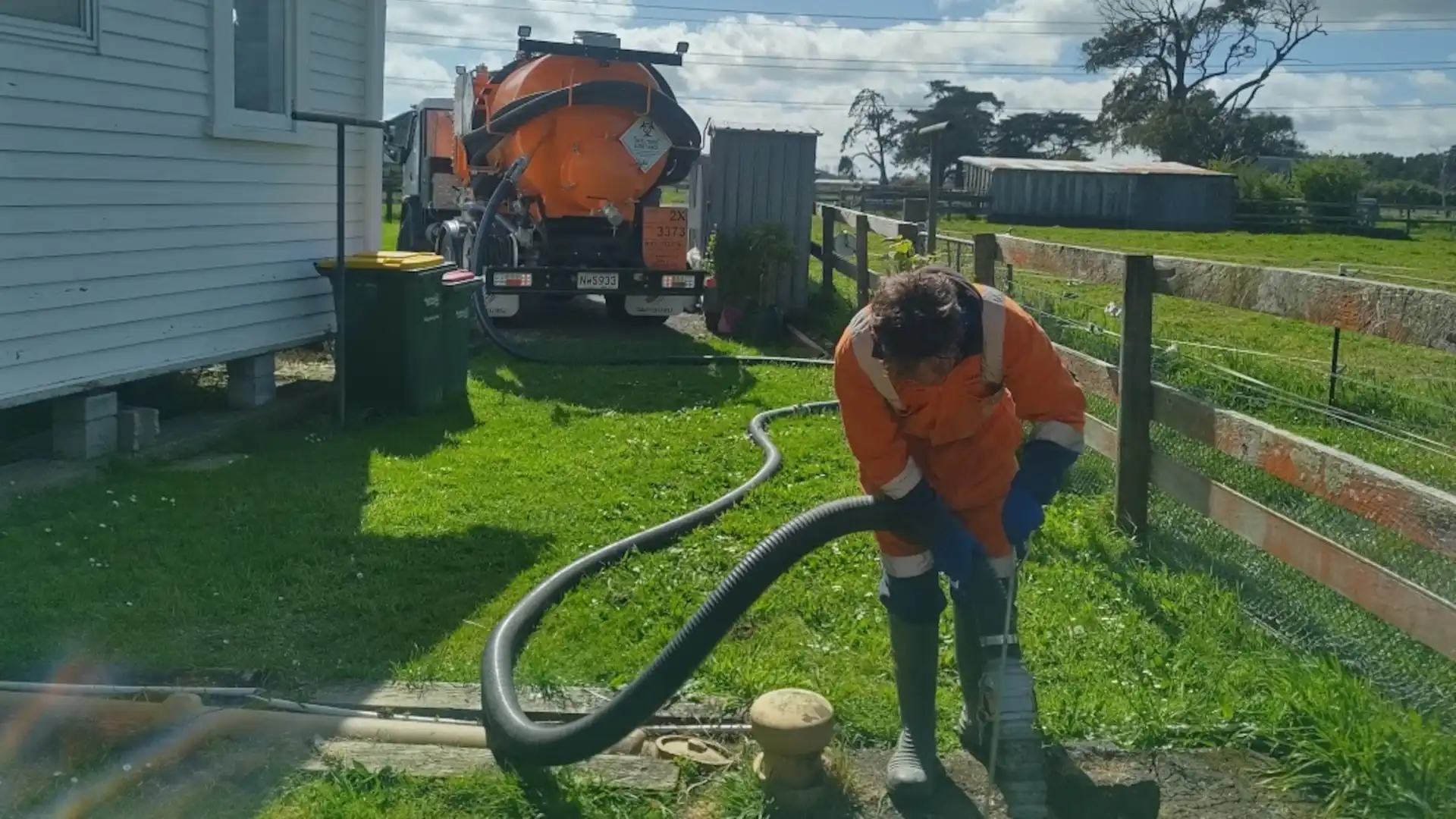Professional Liquid Waste Removal Melbourne: Rapid and Inexpensive Providers
Professional Liquid Waste Removal Melbourne: Rapid and Inexpensive Providers
Blog Article
Understanding the Comprehensive Refine of Liquid Waste Disposal: Ideal Practices and Environmental Influence Factors To Consider
The management of fluid waste disposal is a multifaceted concern that requires a detailed understanding of different ideal methods and their linked environmental influences. From the types of fluid waste created to the techniques used for collection, treatment, and final disposal, each action plays a vital function in guarding communities and public health and wellness.
Kinds Of Liquid Waste
Comprehending the various kinds of liquid waste is important for reliable monitoring and disposal methods. Liquid waste can be generally categorized into several kinds, each requiring unique handling and treatment approaches.
Industrial liquid waste typically includes hazardous products, consisting of heavy metals, solvents, and chemicals, created throughout manufacturing processes. These wastes require stringent governing conformity to shield human health and wellness and the setting. Domestic fluid waste largely refers to wastewater produced from families, consisting of sewer and greywater, which, although much less poisonous, can still pose significant dangers if incorrectly handled.
Agricultural liquid waste, including drainage from farms, commonly consists of plant foods and pesticides that can cause ecological destruction otherwise dealt with appropriately. Clinical fluid waste, created from medical care centers, includes polluted fluids such as physical liquids and chemicals, calling for specialized disposal approaches to stop infection and ecological contamination.
Lastly, oil and oil waste, generally generated by dining establishments and automotive markets, can create extreme obstructions in sewer systems if not taken care of properly. Understanding these classifications facilitates targeted methods for therapy, conformity with regulations, and efficient disposal methods, ultimately promoting environmental sustainability and public wellness safety.

Collection Approaches
Effective collection methods are vital for the appropriate monitoring of fluid waste, making sure that it is gathered safely and effectively before treatment or disposal. Different methods are employed relying on the type of fluid waste created, the quantity, and the specific qualities of the waste.
One usual method is the use of committed collection tanks or sumps, which are made to record liquid waste at the resource. These systems commonly integrate pumps that help with the transfer of waste to bigger storage containers or treatment facilities. Additionally, mobile collection systems furnished with vacuum cleaner technology are employed in circumstances where waste is created periodically or in hard-to-reach places.
For industrial setups, closed-loop systems can effectively reduce leaks and spills, permitting the healing and reuse of fluid waste. It is additionally vital to educate workers on proper collection procedures to mitigate risks connected with dangerous substances.
Furthermore, applying normal upkeep schedules for collection devices makes sure optimum efficiency and security. The integration of sophisticated tracking systems can improve collection performance by providing real-time data on waste levels and prospective dangers. On the whole, reliable collection approaches are fundamental to lasting fluid waste monitoring techniques.
Therapy Procedures
Therapy procedures play a crucial function in the administration of liquid waste, transforming potentially hazardous materials right into safe effluents or reusable sources - liquid waste disposal. These processes can be extensively categorized right into physical, chemical, and biological approaches, each customized to resolve details pollutants present in the waste stream
Physical treatment methods, such as sedimentation and purification, job by eliminating suspended solids and particulate issue. These methods are commonly the very first step in the treatment chain, efficiently decreasing the load on succeeding processes. Chemical treatments entail the usage of reagents to reduce the effects of hazardous substances, speed up heavy steels, or oxidize natural pollutants, therefore improving the safety of the effluent.
Organic treatment procedures, including triggered sludge systems and anaerobic digestion, maximize the all-natural abilities of bacteria to deteriorate raw material. These techniques are especially efficient for wastewater consisting of eco-friendly pollutants. Advanced therapy technologies, such as membrane purification and progressed oxidation processes, are significantly used to achieve higher degrees of purification.
Including a mix of these treatment techniques not only ensures compliance with governing criteria but likewise advertises ecological sustainability by recouping valuable resources from liquid waste.
Disposal Options
Exactly how can companies make certain the safe and accountable disposal of fluid waste? Reliable disposal alternatives are crucial for protecting public health and wellness and the setting. The key techniques consist of land disposal, incineration, and therapy complied with by discharge right into local wastewater systems.
Land disposal entails the mindful control of fluid waste in useful link assigned garbage dumps, ensuring that it click for source does not seep right into bordering dirt or water. Incineration, on the other hand, subjects liquid waste to heats, converting it right into ash and gases, which call for correct purification to lessen discharges. This technique appropriates for dangerous wastes that can not be treated through traditional methods.
In instances where fluid waste can be treated, organizations might choose for biological or chemical therapy procedures to reduce the effects of damaging parts before releasing the dealt with effluent into municipal systems. This course usually straightens with regulatory requirements, ensuring that the effluent satisfies security criteria.
Eventually, organizations need to conduct comprehensive assessments of each disposal choice to identify its practicality, considering aspects such as waste make-up, regulative conformity, and potential threats to health and wellness and the environment. By picking proper disposal methods, services can contribute to a liable waste administration approach.
Environmental Influence
The environmental influence of liquid waste disposal is an important consideration for companies seeking to lessen their ecological impact. Improper disposal approaches can lead to considerable contamination of water resources, soil destruction, and adverse impacts on neighborhood environments. For instance, dangerous fluids can leach into groundwater, presenting threats to drinking water materials and marine life. Additionally, the discharge of without treatment or improperly treated waste into surface area waters can lead to eutrophication, resulting in oxygen depletion and the subsequent death of fish and various other organisms.

To mitigate these impacts, companies have to embrace ideal methods such as applying rigorous waste treatment processes, promoting recycling and reuse, and sticking to governing requirements. By taking a positive method to liquid waste monitoring, entities can dramatically minimize their environmental footprint while sustaining sustainable development objectives. Ultimately, a comprehensive understanding of the ecological effects related to liquid waste disposal is essential navigate to these guys for informed decision-making and liable stewardship of all-natural resources.
Verdict
Effective administration of fluid waste is essential for guarding ecological integrity and public health and wellness. Inevitably, a comprehensive understanding of liquid waste disposal not just minimizes ecological impacts however likewise cultivates a dedication to responsible resource management and environmental stewardship.
The administration of fluid waste disposal is a complex issue that requires an extensive understanding of numerous ideal methods and their linked ecological impacts. From the kinds of fluid waste generated to the approaches used for collection, therapy, and last disposal, each action plays a vital function in securing ecological communities and public wellness.The ecological influence of liquid waste disposal is an important factor to consider for companies seeking to lessen their environmental footprint. Ultimately, an extensive understanding of the environmental impacts associated with fluid waste disposal is crucial for educated decision-making and accountable stewardship of natural resources.
Ultimately, a comprehensive understanding of fluid waste disposal not just alleviates environmental impacts yet additionally promotes a commitment to responsible source administration and environmental stewardship.
Report this page